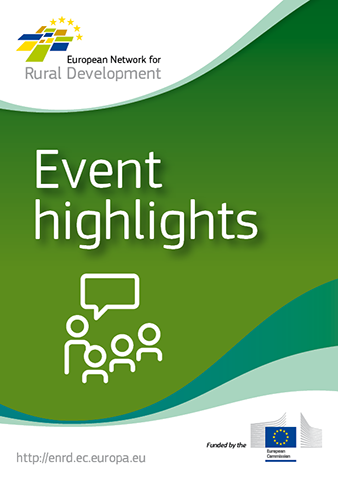
This document identifies how climate benefits can be optimised at different stages of support for rural bioeconomy in the CAP Strategic Plans (CAP SPs). It was produced in the frame of the ENRD Thematic Group on Bioeconomy and climate action in rural areas.




